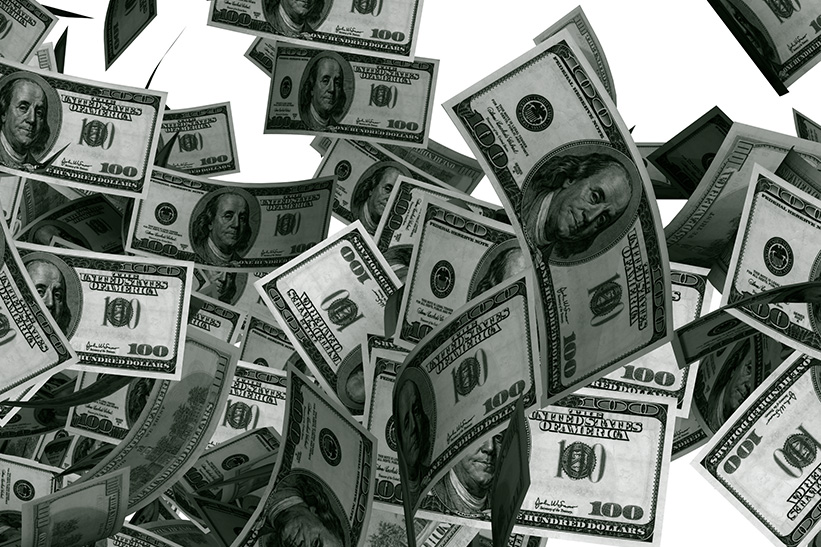
More about Ziggy?
This weekend’s Townhall column takes off on a subject broached here at This Is Common Sense last week. But there’s a lot more to it, so check it out. And come back here if you want a complete, easy-to-access full list of the column’s links:
- The Next Money: As the Big Economies Falter, Micro-Currencies Rise, by Eric Garland (The Atlantic)
- Andresen on BitCoin and Virtual Currency, Gavin Andresen interviewed by Russ Roberts (EconTalk)
- Josiah Warren (Wikipedia)
- Federal Reserve Act (Wikipedia)
- The Gold Confiscation Of April 5, 1933 (text archived at The Privateer Gold Pages)
- Nixon Shock (Wikipedia)
- Ron Paul 2012 (campaign website)
- F.A. Hayek (Wikipedia)
- Denationalization of Money: The Argument Refined, an Analysis of the Theory and Practice of Concurrent Currencies, by F.A. Hayek (PDF, Mises Institute)
- Ron Paul, Upping the Ante in His Campaign for Liberty, Hoists the Flag of Hayek, by Seth Lipsky (New York Sun)
- Ziggy Stardust (Wikipedia disambiguation page)
For further reading, please consider:
- State-Tamperings with Money and Banks, by Herbert Spencer
- The Origins of Money, by Carl Menger
- The Theory of Money and Credit, by Ludwig von Mises
- Free Banking in Britain: Theory, Experience, and Debate, 1800 – 1845, by Lawrence White
- Good Money: Birmingham Button Makers, the Royal Mint, and the Beginnings of Modern Coinage, 1775 – 1821, by George Selgin
- The Mystery of Banking, by Murray N. Rothbard
